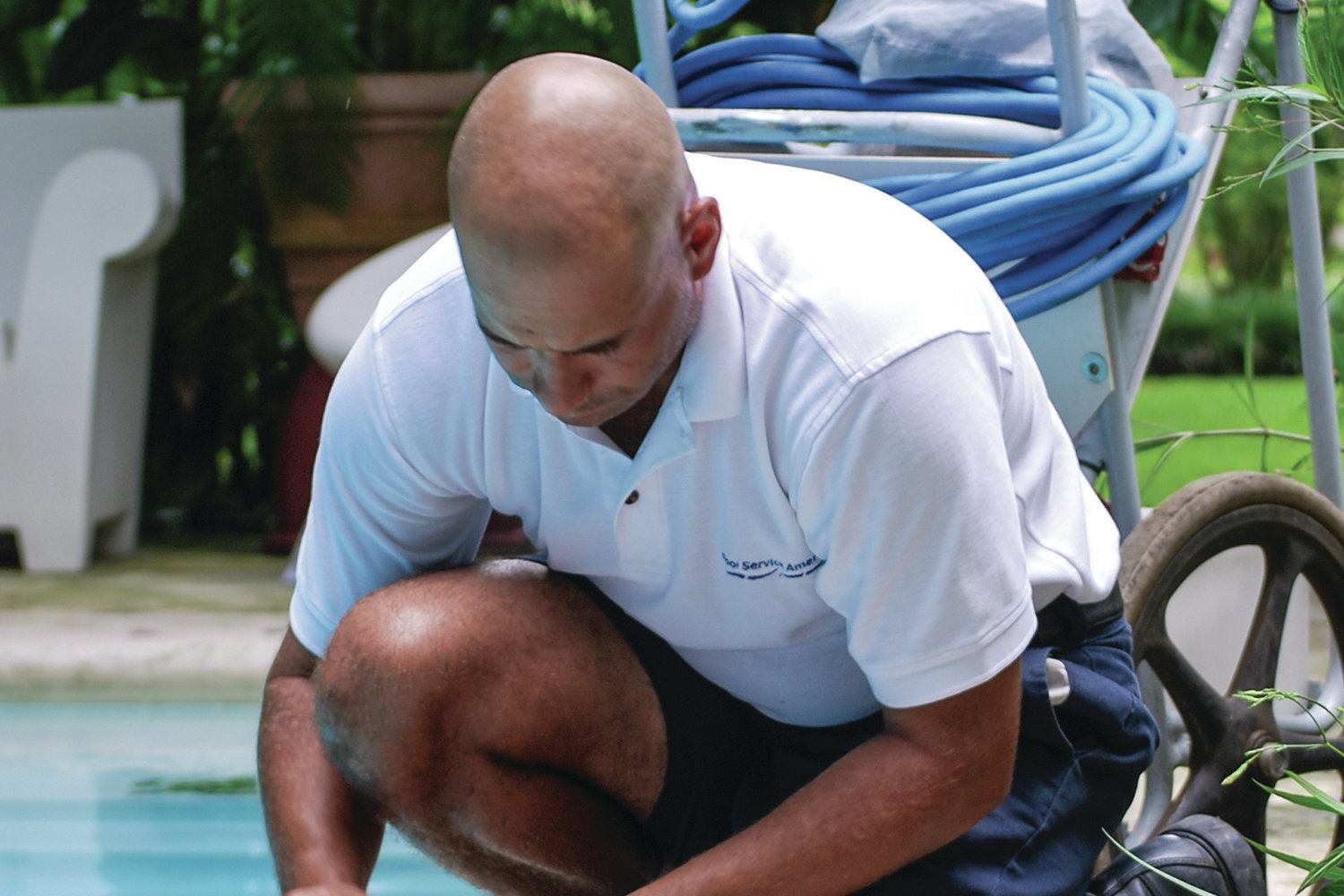Several pool test-kit manufacturers and distributors are going back to court after a lawsuit was re-instituted against them.
In 2007, an organization called the Consumer Advocacy Group sued eight firms, alleging their colorimetric test kits did not comply with California’s Safe Drinking Water and Toxic Enforcement Act of 1986. The law, also known as Proposition 65, requires specific labeling for products with any ingredients that have the potential to cause cancer or birth defects.
Defendants included Aqua Tri, Chem Lab Products, Home Depot USA, Leslie’s Poolmart, Oreq Corp., Poolmaster, Pool Water Products and Valterra Products. A few reportedly settled after the original filing, and one of the plaintiff’s attorneys, Reuben Yeroushalmi, said the settling firms agreed to reformulate their products or stop selling them in California.
The other defendants moved to dismiss, saying the Consumer Advocacy Group named the wrong carcinogen and the law requires all allegedly offending chemicals to be listed.
The plaintiffs stated that didn’t matter because the substance that wasn’t listed is closely related to the one that was and both are carcinogens, according to the state.
They further stated that the court should only consider whether the lawsuit provided enough information for the defendants to understand the nature of the case.
In 2010, the Alameda County Superior Court found in favor of the defendants. However, recently California’s First District Court of Appeal sided with the plaintiff and sent the case back for trial. “We feel vindicated,” said Yeroushalmi, a partner in Los Angeles-based Yeroushalmi & Associates. “We worked very hard to overturn the initial judge’s ruling. …”
The question at hand, the court found, is whether the defendants knowingly exposed consumers to carcinogens without providing the warning required by law.
“It is well-established that the purpose and intent of Proposition 65 is to protect the public from toxic contamination, and it must be construed broadly to accomplish that purpose,” the ruling stated.
The appellate court added that the lower court should have explored whether the misnaming of chemicals hindered the defendants’ ability to build a case.
Stephen Marsh, an attorney representing several defendants, said his clients will prove that in the upcoming proceedings.
The defendants also plan to prove that they had been in compliance with California’s Proposition 65 all along, Marsh added. “That’s what the original trial was about, but we did not get further into the case,” he said.
He added that his clients have properly labeled their products for several years.
However, the plaintiffs continue to seek the penalties, which can be as high as $2,500 per day of the violation for every product sold, Yeroushalmi said.
“After you get caught with your pants down … that is not the end of it,” the attorney said. “Otherwise nobody will reformulate or give warnings until somebody notices them…”




